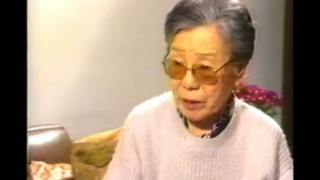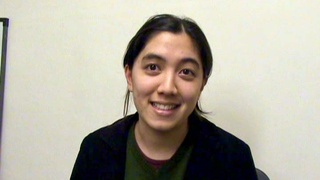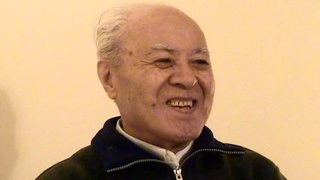Interviews
Facing hardships in Japan (Japanese)
(Japanese) The first hardship I faced was the language, as you can imagine. In the early days, of course, I could only speak Portuguese, but yes, I went to Japanese language school, so I think I was able to read and write hiragana and katakana at certain level.
I started going to a public school soon after I came to Japan, and since Japanese schools do not flunk students, I was at the age of fifth graders, so in the elementary school, I took fifth-grade classes, and I couldn’t read the textbooks. I remember that it was hard to follow the classes. It was the language. I think I had a hard time with the language.
Other than the language, I also had a hard time with customs. What we thought was common was not acceptable in Japan. For example, in Brazil we brought chewing gum, snacks, and money to school and wore whatever we liked to wear. And I went to school in Japan with the same mindset, I mean at first, so people around me might have thought that I was strange, they might have felt that way. But no one said anything to me before I came to Japan or even after, in the early days here, so what I thought was acceptable might have disturbed other children.
Date: October 18, 2016
Location: Gunma, Japan
Interviewer: Shigeru Kojima
Contributed by: Watase Media Arts Center, Japanese American National Museum









